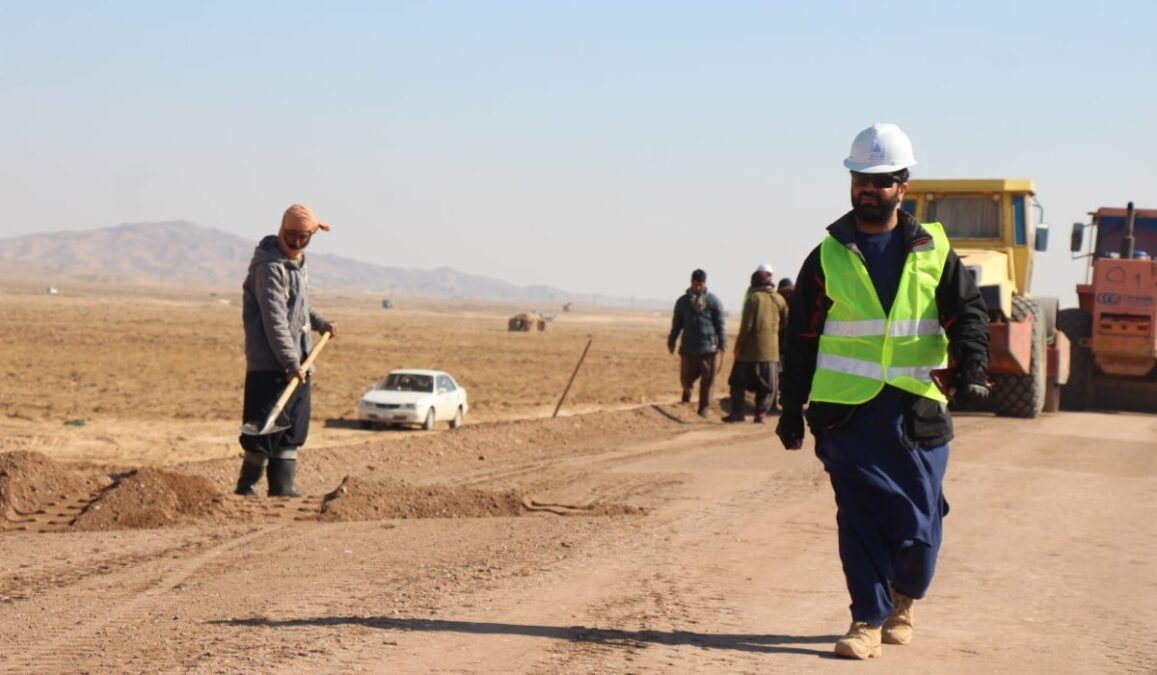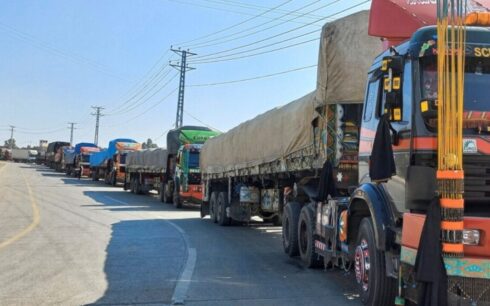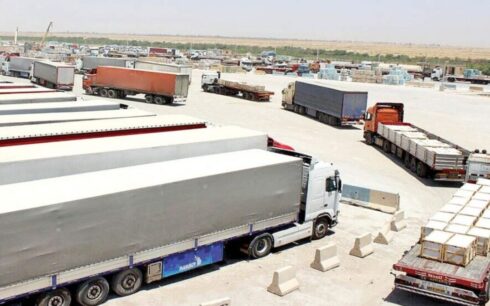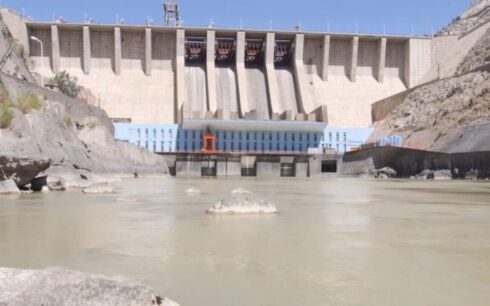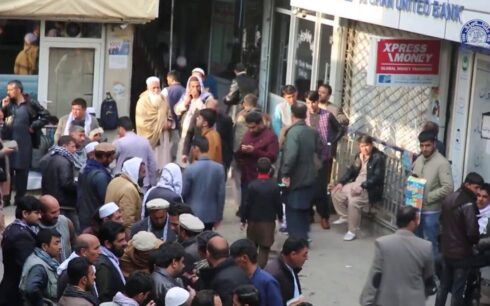A new assessment by the World Bank says that Afghanistan’s economy is adjusting to a “new normal” following the events of August last year, which bought about a severe economic crisis and significantly raised poverty levels.
According to a statement issued by the World Bank, a sharp decline in public spending, lower household incomes and reduced consumption caused aggregate demand to fall, while disruptions in the payment system and supply constraints further hampered private sector activities, initially forcing many businesses to close or scale down their operations.
The World Bank’s latest Afghanistan Development Update indicates that preliminary statistics on the gross domestic product (GDP) show that the economy contracted by about 20 percent in 2021.
The report also points out some positive aspects of Afghanistan’s economy.
It says that over the past year, the resumption of off-budget international support for humanitarian needs and basic services helped mitigate some negative impacts.
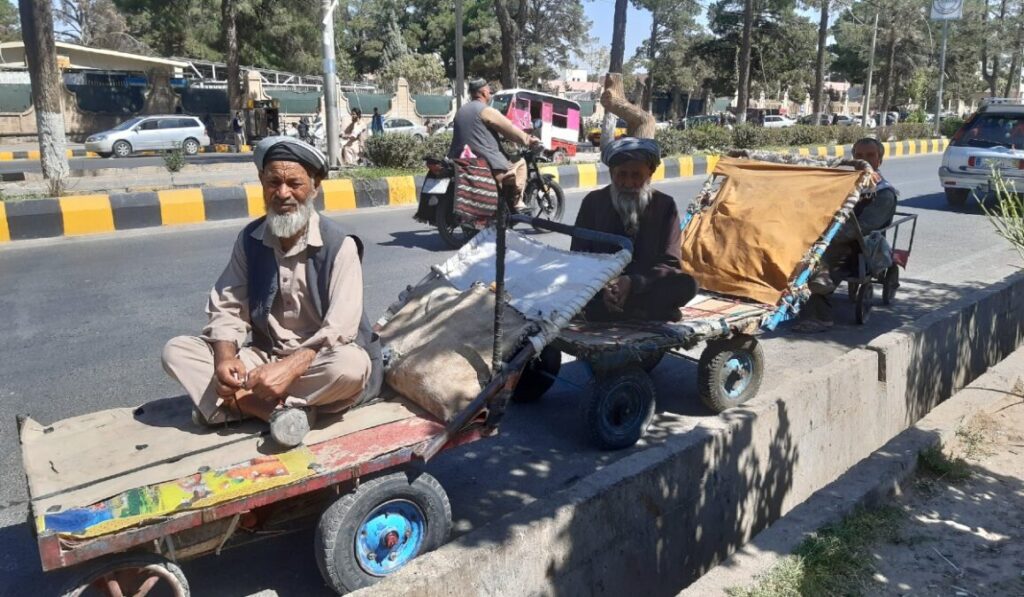
The report concludes that Afghanistan is a much smaller economy now.
After contracting significantly, the economy has reached an inflection point and is likely plateauing around a low-level equilibrium, the statement read.
While inflation remains high, some indicators have improved: exports have increased, exchange-rate volatility has reduced, and domestic revenue collection is relatively healthy, the World Bank stated.
In addition, private businesses are adjusting to the new operating environment as a recent World Bank survey found that more than three-quarters of businesses are operational now though most are working well below capacity.
Melinda Good, World Bank Country Director for Afghanistan said that while there are signs of economic stabilization and resilience of Afghan businesses, “the country continues to face enormous social and economic challenges that are impacting heavily on the welfare of the Afghan people, especially women, girls, and minorities.”
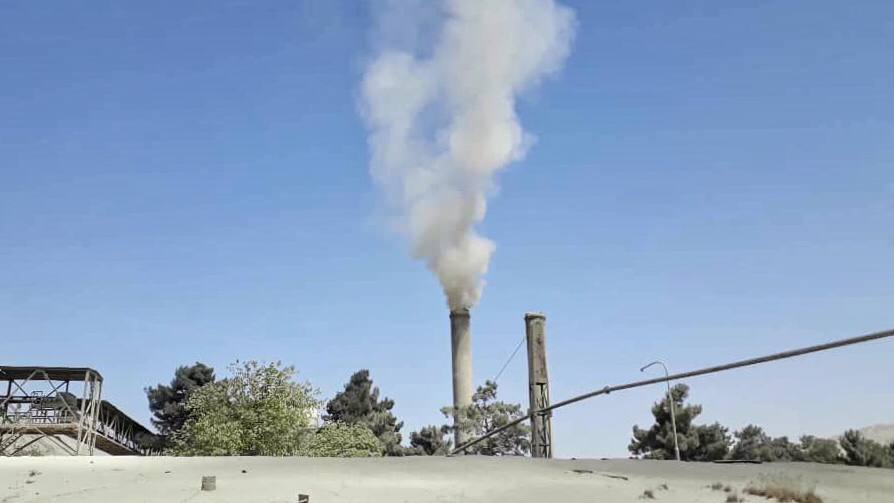
She said: “Living conditions showed slight improvements in the past few months, but deprivation remains very high across the country, and persistent inflation might further erode any welfare gains.”
Meanwhile, the World Bank assessment projects that the real GDP in 2022 will contract further, with an accumulated contraction of close to 30 to 35 percent between 2021 and 2022, before moving to a low-growth path (2.0 to 2.4 percent) for the next two years, with no improvement in per-capita income.
The World Bank stated that poverty is expected to remain widespread, with over two-thirds of households in the country struggling to cover basic expenses.
According to the report, the loss of correspondent banking relationships has significantly impacted international payments, leaving both private firms and aid organizations reliant on cash shipments and informal, unregulated, and opaque payment systems for domestic transactions.

